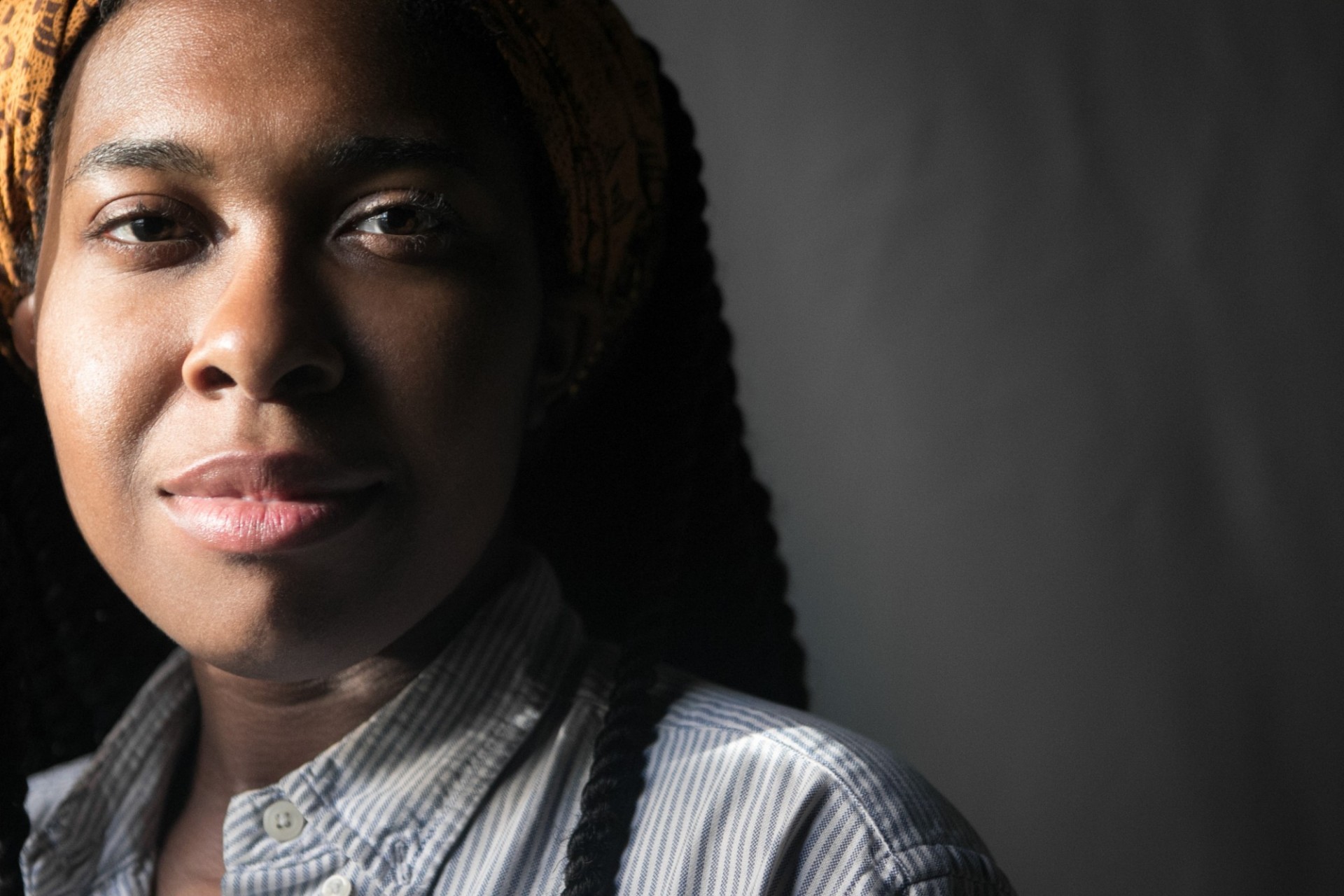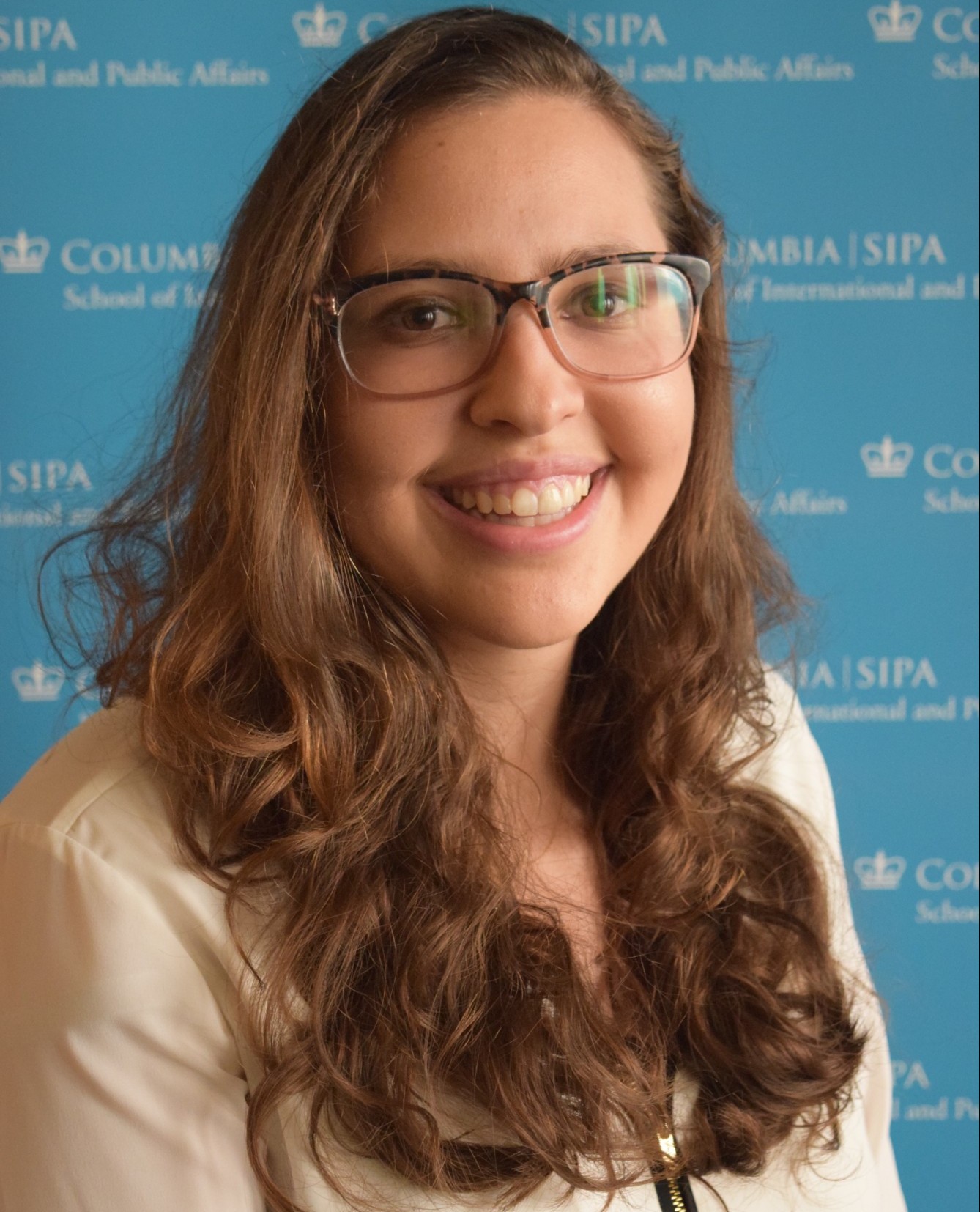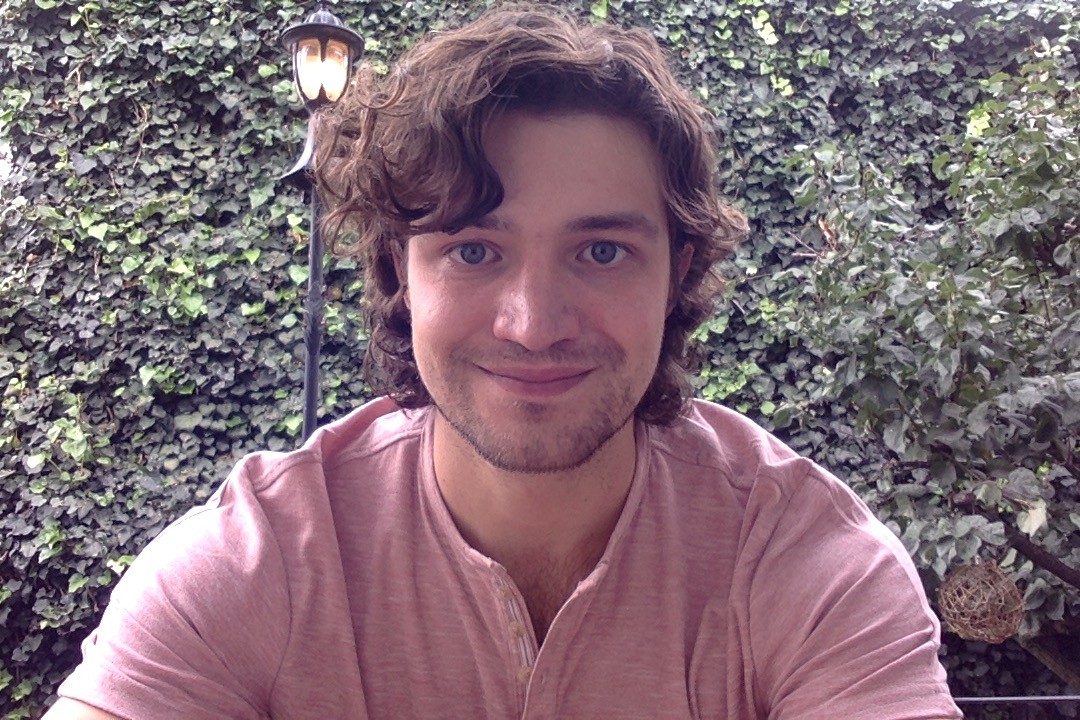The 2020 CMM Learning Exchange hosted by the CMM Institute for Personal and Social Evolution, in partnership with Columbia University included scholars and practitioners, educators, students and thought leaders, comprising a variety of backgrounds and disciplines. This exchange was held virtually due to COVID-19.

Ashley Causey-Golden
Teachers College, Columbia University.
Ashley Causey-Golden is a graduate from Teachers College-Columbia University who is actively learning and growing in the world of early childhood. She uses the educational philosophies of Montessori, Waldorf, and Reggio Emilia while infusing unschooling principles into her teaching practices. Her platform within education is to raise the bar when it comes to race, identity, and cultural awareness using an anti-racist lens for students within the classroom but also for educators, parents, loved ones and community members. Her project, Other Mothers' Gardens (OMG), is a yearlong intergenerational virtual learning space for parents, educators, and community members to learn about racial identity, racial justice, and liberation. The focus of OMG will be using a collection of modalities to help support and restore the sympathetic and parasympathetic nervous system such as music, sound healing, movement, meditation and rest as we work on connecting the body and mind back to self. It is important to acknowledge what happens to the body when we talk about racism, trauma, white supremacy, grief, loss, and oppression because when we are not aware of the body-mind connection, communication, instead of a tool, becomes a barrier. While using the different modalities to help ground the body, OMG will also be using anti-bias/anti-racist education as a tool of communication to bring different racial and ethnic identities together as a community to unlearn, challenge, shift, and reclaim narratives about their racial and ethnic identity.

Yvette Deane
SIPA, Columbia University
Yvette Deane is a graduate student at Columbia University studying international affairs and conflict resolution. She is interested in the intersection of conflict resolution and education. She previously conducted research at Hebrew University on a Fulbright Student Scholarship, where she investigated how education impacted international student's perception of the Israeli-Palestinian conflict. Since then, Yvette has worked as a Breaking News Editor for an Israeli newspaper and a Research Analyst for the Office of the Quartet. Returning to her studies, she is dedicating her time to understanding alternative forms of education like role-playing simulations and how they can transform how individuals think about polarized conflicts. Yvette has a Bachelor of Arts in political science and sociology from the Macaulay Honors College at Queens College (CUNY).

Jean Yves Taranger
Teachers College, Columbia University.
Jean holds a Bachelor degree in Education from McGill University in Montreal, Canada. His passion in life is to learn from indigenous communities around the world. Through his undergraduate studies, he had several unique opportunities to participate in different projects in Eastern Africa, Panama, Mexico and the Canadian Arctic, where he explored the relation between local education systems, people's beliefs and their relation to the natural environment. For the past 6 years, he has been collaborating with a group of communities in the Mixtec region of Oaxaca, Mexico. Throughout the years, he has learned about the profound consequences that environmental collapse had on the region's communities. In particular, he has been working with middle and high school students in the reconstruction of the history of their land from the Spanish conquest to the present. The objective of the project is to show the close relation that exists between environmental crises and human conflict. The Mixtec region suffered major bursts of violence through the 19th century, when environmental degradation exacerbated historical disputes for the control of territory and natural resources among neighbouring communities. Massive deforestation, land erosion and water scarcity led to several episodes of famine throughout the 1950s and 1960s which forced people to move towards major cities in Mexico and the USA. His project invites students from this region to reflect about their history, their land and their futures by exploring the different faces of economic development, its relation to their environment and their personal histories. Through the course that he offers at the schools in the region, he helps students develop research skills and critical thinking by showing them how to gather information about their community through interviews and the study of primary documents. He believes that by making history a personal matter, we realize our stakes in relation to the place we inhabit and our responsibility towards its future.
